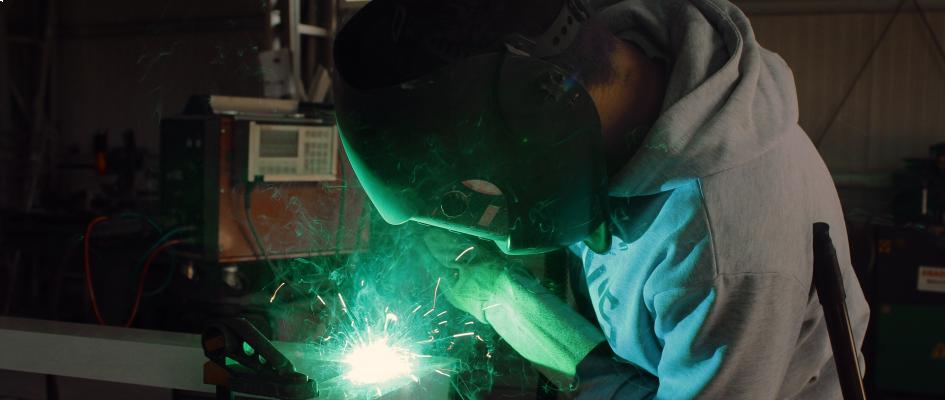Business buyers looking for their next big opportunity may not need to look far from home, as British manufacturing’s recent revival suggests that, despite factors like Brexit and ongoing economic uncertainty, there is a global appetite for UK goods. Roll out the marmite!
The UK’s manufacturing industry is in rude health going into 2018, the latest Office for National Statistics (ONS) figures have shown: the sector grew by 0.4 per cent in November, up from 0.1 per cent in October, marketing a seven-month period of expansion.
This streak is the sector’s longest period of month-by-month growth since 1997, and coincides with a new high in terms of manufacturing output, too. In the three months up to the end of November, the sector’s output was 3.9 per cent higher than in the same period a year ago.
The ONS’s statisticians say this growth has largely been supported by stronger performance on a global scale, fuelled by a post-Brexit drop in the value of sterling and the production of investment goods, such as computer, electronic and optical products.
Growth in manufacturing exports also saw the trade deficit slashed in the run-up to December, with £2.1 billion disappearing as UK exports grew quicker than UK imports.
“Over the past year exports of goods, particularly cars, machinery and crude oil have continued to increase, and at a faster rate than imports” said Ole Black, senior ONS statistician. He added that renewable energy projects had been particularly successful in generating growth.
Some market commentators disagree about this success being driven by weaker UK currency, however, with many pointing to wider recovery in the global economy as it shakes off the effects of the 2008 financial crisis, 2011 eurozone crisis and 2014’s fall in commodity prices.
According to a survey of purchasing managers, for example, Factories across the globe in the eurozone, Japan and South Korea, alongside the UK, saw orders rise to record levels in 2017.
Business buyers can be sure that the manufacturing market’s outlook remains rosy for the immediate future, and that making an acquisition to latch onto the sector’s potential is a sensible move.
Many of the country’s larger corporates are waking up to this fact, too: consider West Bromwich manufacturer Berck, as reported on in October’s Business Sale Report, who are expanding their portfolio by targeting businesses in the defence and aerospace industry. Their takeover of engineering rival Fourjay means they will now be able to supply vital fuses for Typhoon Eurofighter and F-16 combat jets, while also helping to modernise the latter’s manufacturing processes by introducing computer systems and the skills needed to operate them.
This demand – from inside and outside the UK – is burgeoning in a number of sectors that business buyers are well-placed to take advantage of. Production of food, the UK’s largest manufacturing sector, has risen by 5 per cent, for example, while demand for British seafood is growing, with exports of salmon increasing in volume by 21.2 per cent in the third quarter of 2017.
Diving into the factors behind each sector’s expansion can yield vital information for business buyers (and, indeed, not every sector is enjoying a golden age: the car and pharmaceuticals industries have not grown for some months) looking for a good opportunity for growth.
Getting ahead of the macro-economic factors likely to bear on your industry is vital in making a good buying decision. Luckily for buyers, it looks like the UK’s manufacturing uptick will be sustained for some time.


